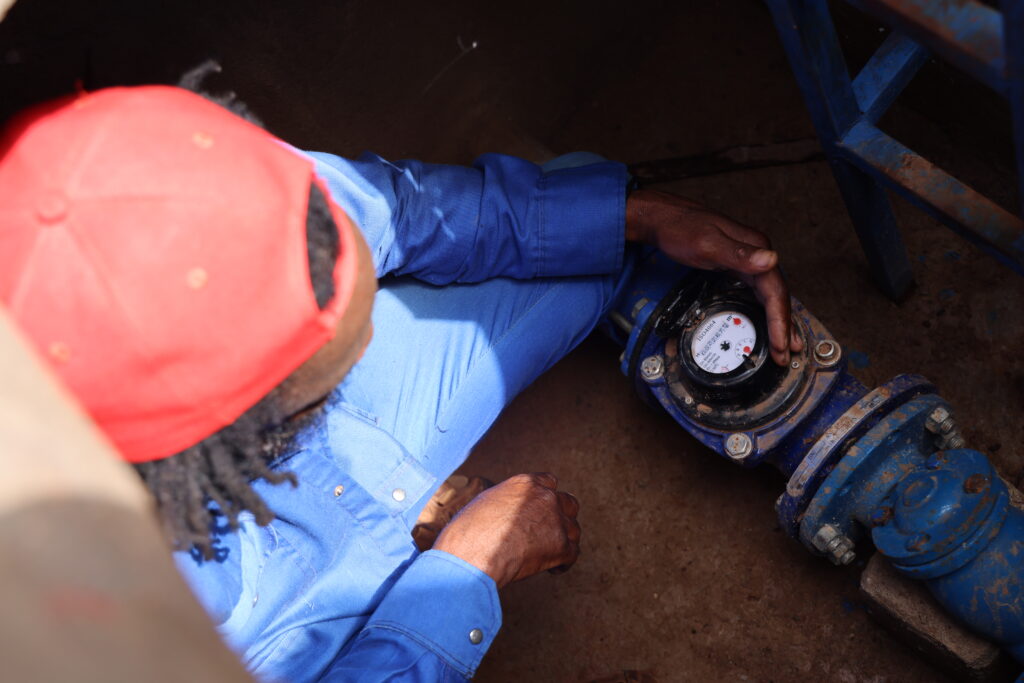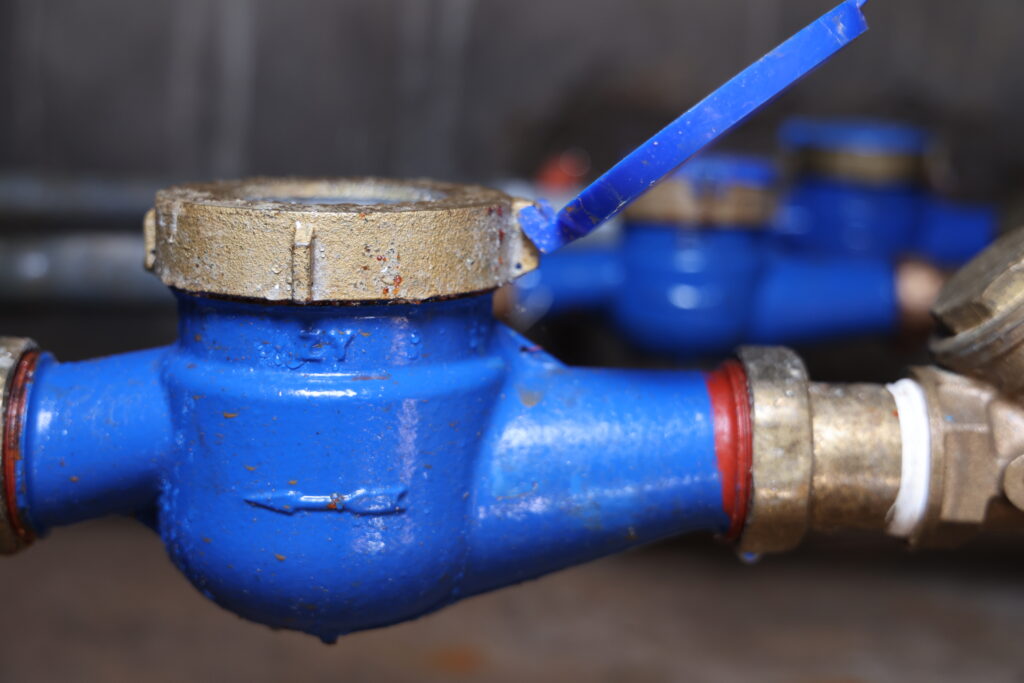
Water is scarce, and its availability is essential for health and social and economic development. However, the increasing population and economic growth put pressure on water resources, leading to water scarcity.
In rural areas in Rwanda, the situation is no different, and the demand for clean and safe drinking water is increasing rapidly. Non-Revenue Water (NRW) poses a challenge to rural water services, and its reduction is crucial to ensure sustainable water service management.
NRW is the water that is produced and lost before it reaches the customer, or it is not billed, leading to financial losses for water utilities and unsustainable water management.
In Rwanda, the major causes of NRW are poor billing, unregistered customers, vandalism, poor leakage reporting, long response time for leakage repairs due to lack of awareness of NRW, and lack of transportation means.
The project collaborates with districts to create a conducive environment for the private operators of rural water supply services to monitor, analyze, and develop action plans for NRW reduction.

The intended result is for the rural water supply companies to be able to efficiently bill water consumption, easily detect and fix water leakages, equip their staff with necessary tools to curb NRW and educate the communities to take part in the physical water loss reduction by reporting leakages and fighting the vandalism.
Additionally, the project is helping repair leaks in the distribution systems, replace old and damaged pipes, improve the maintenance of the distribution system, and the management of water utilities, and install bulk meters to monitor NRW.
Theoneste Rambo Gombaniro is a plumber for PAAK KAM, a water supply private operator managing the Gasetsa-Sake-Jarama-Rukumberi water supply system in Ngoma District. He says he used to report a significant amount of NRW and could not identify where it was occurring.
"The meters help us to monitor the quantity of water entering an area, the quantity consumed, and the quantity that is not used, in other words, lost," says Theoneste while praising the strategy introduced by Isoko y’Ubuzima.
He adds that thanks to the project support, his company can now identify causes of water losses and apply measures to reduce those losses, leading to more water in the network, thus, increasing access to clean and safe drinking water for the local community.
Isoko y’Ubuzima NRW strategies aim to minimize financial losses for private operators of rural water supply services and reduce the quantity of water produced and treated but not billed or paid for while ensuring sustainable water management, by minimizing water resources wasted due to losses before reaching the end user. The goal is to increase the water level of service to the community.

